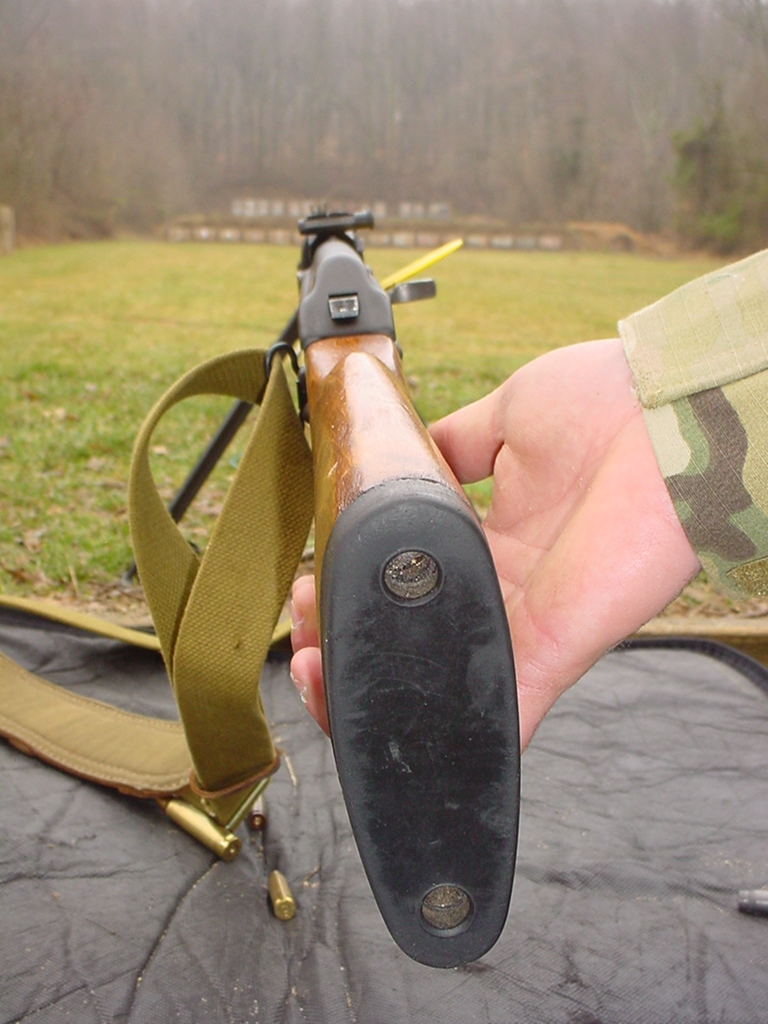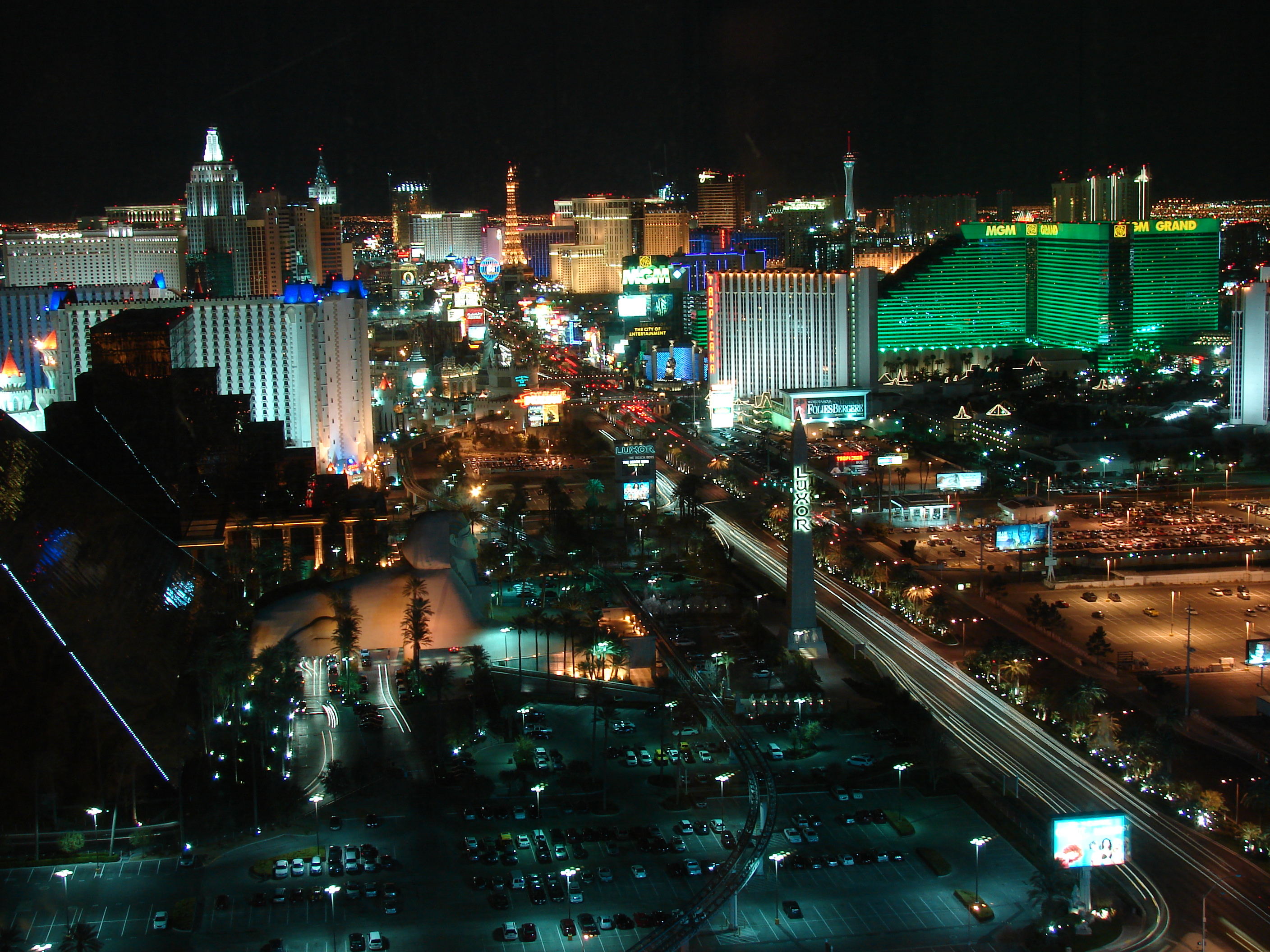I’ve suspected for a while that the non-Bloomberg gun control groups had to be in pretty bad shape. Not just because gun control is a losing issue, but because to whatever extent gun control was revived by the President’s exploitation of the Sandy Hook Massacre, most of that benefit has gone to Bloomberg’s organization since everyone else seems to be getting ignored by the media. But to know for sure, we had to wait until the 2013 Form 990s we out. The answer seems to be that everyone in the gun control movement undoubtedly reaped a windfall from the massacre, and their movement’s 501(c)(3) branches continue to do better than they did pre-Sandy Hook.
First, let’s look at the Brady Campaign. In 2012, the Brady Campaign made 4.91 million dollars in revenue, which was up from 2.93 million in 2011. We suspect most of that money poured in during the few weeks after Sandy Hook on December 15, 2012. It was the fight into early 2013 where it became apparent that Bloomberg and the White House were running the gun control agenda, and Brady started falling off everyone’s radar. So it is not surprising that in 2013, the Brady Campaign did not raise as much money as it did in 2012, most of which was probably raised in the first several weeks of that year.
Now for the Brady Center, their 501(c)(3) public charity. It looks to me like they might have shifted their fundraising, and some of their personnel cost over to The Brady Center. The Center didn’t get as much of a windfall in 2012, bringing in 3.82 million versus 2.88 million in 2011. But the Center managed to increase it’s revenue in 2013 to 4.58 million.
I also note that in 2013, salary costs to the Brady Campaign drop by 33%, while the Center’s salary costs increase 31%. I suspect they are shifting more of their personnel costs to the 501(c)(3). Previously, when the Bradys were in really dire straits, it became apparent they were using the Center as a bit of a lifeboat, since the Campaign was nearly out of money. Without a doubt, Sandy Hook saved their asses, and I suspect they are still enjoying some benefit of Obama making gun control cool again.
Coalition to Stop Gun Violence had a similar story to the Bradys. They had raised 333 grand in 2011, and 492 grand in 2012. But again, in 2013, they were down to 484 grand. EFSGV, their 501(c)(3) branch, also tracks the Brady Center. In 2011, 460 grand in revenue, then 638 grand in 2012. In 2013, EFSGV raised 950 grand, almost a million dollars. I guess maybe that foaming at the mouth stuff works! They outperformed the Brady Center in terms of revenue growth.
VPC is largely supported by wealthy foundations, but their revenue was also up in 2013. They managed to boost their public support percentage to 21.50%, which is actually still pretty sad, but better than 2011 when it was 17.28% and 2012, when it was 18.17%. I’m sure they are hoping since their public support is heading in the right direction, the IRS will stay off their backs. They typically have to include a letter explain why it’s so low, and what they are doing to bring it up. They’ve been doing this for a while.
It is without doubt Everytown is now king of the gun control movement, with 2103 revenues of 36 million. Their 2012 revenue was 4.86 when they were MAIG. I’d note that Everytown spends previous little on fundraising, which means most of that money is likely coming from Bloomberg. We all pretty much knew as much. Bloomberg is certainly generous about spreading his organization’s wealth around. Their 2013 990 shows a 47,500 grant to CSGV, 6 grand to CeaseFirePA, 263 thousand to Moms Demand Action, among other groups.
So how does Moms Demand Action look? She raised 890 large in 2013, and we know 30% of that came from Bloomberg through Everytown. She spent a reasonable amount on fundraising. You’ll note in their 990, however, that MDA as a separate entity officially terminated the same year, and merged into Everytown. So Shannon Watts’s operation is entirely Everytown, and not a legal, separate entity. Everytown’s 2014 990s will be very interesting. I doubt MDA was ever really independent from Bloomberg, and the whole thing was a Bloomberg-backed venture from the get go.
So where does that leave things? A gun control movement that probably got most of it’s boost in the weeks after Sandy Hook, but are still largely benefitting from the raised awareness the President and Bloomberg’s money have bought the movement. I would not get despondent over their improved fortunes, however. Why?
Because in 2012, NRA’s revenues went from 219MM to 256MM, and in 2013 they went to $348MM. Get that? Between 2011 and 2013, NRA’s revenue increased by 129MM. That’s more than 3x the amount of every other gun control group’s revenue increase from 2011 to 2013 combined. And that’s just NRA proper. The NRA Foundation went from 29MM to 43MM from 2011 to 2012, then dropping slightly to 41MM in 2013, I suspect because people wanted to donate to the political arm since that’s where the threats were coming from.
The President’s and Bloomberg ginning up of gun control post-Sandy Hook has made NRA much stronger proportionally than the gun control movement. That’s because of people out there like you.








